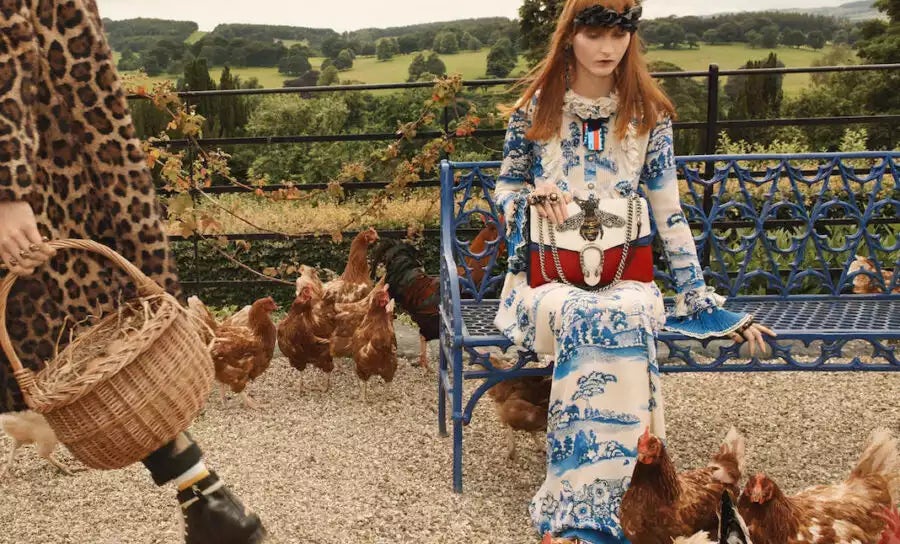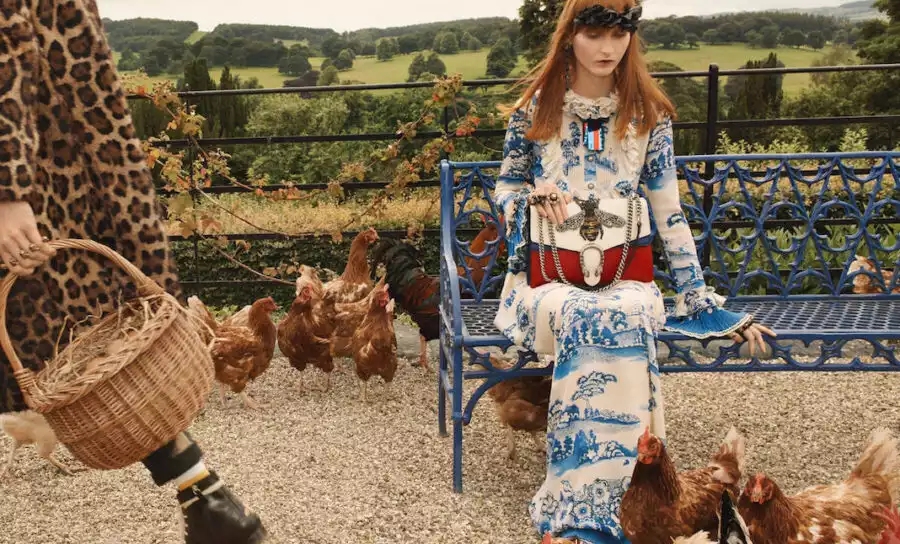Will the ‘new normal’ affect our wardrobes?
Among the COVID-19 pandemic, many industries have found themselves
struggling to adapt to unprecedented circumstances. While we may appear to be
over the worst and are beginning to return to a more recognisable day-to-day life,
the business effects of the pandemic are expected to continue for several months
– with the fashion industry being one of the most affected.
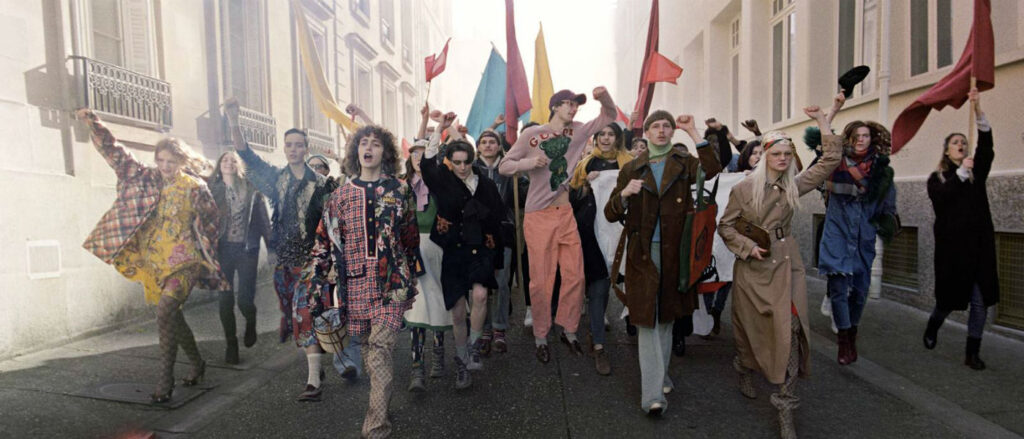
For the quick-moving world of fashion, little could be worse than having society
come to a standstill for the past few months, and the effects are clear to see.
Certain brands, such as Gucci and Chanel, had to halt production completely for a
number of weeks, while others such as Marc Jacobs, having to make difficult cuts to
workforce due to the pandemic.
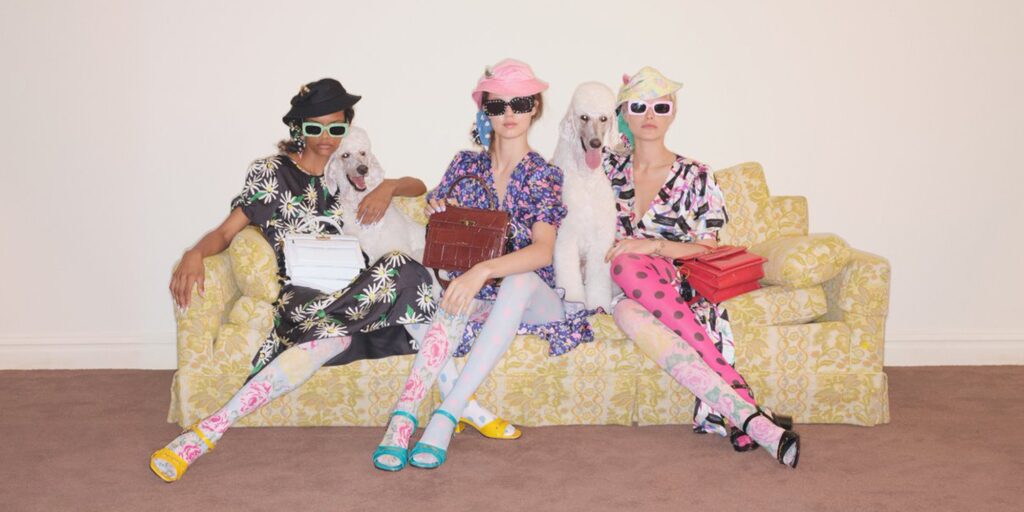
The closure of non-essential businesses also took a toll on the industry. Despite
the popularity of online shopping, Business Of Fashion found that over 80% of
transactions still take place in-store, so it is no surprise that fashion giants
are feeling the pressure. With all this in mind, how might the world of fashion look
over the next few years?
While our first thought may be regarding the rise of the designer face mask,
Vogue editor Anna Wintour believes that the biggest effect of the pandemic on the
industry will be the way it impacts our attitudes towards fashion as a whole.
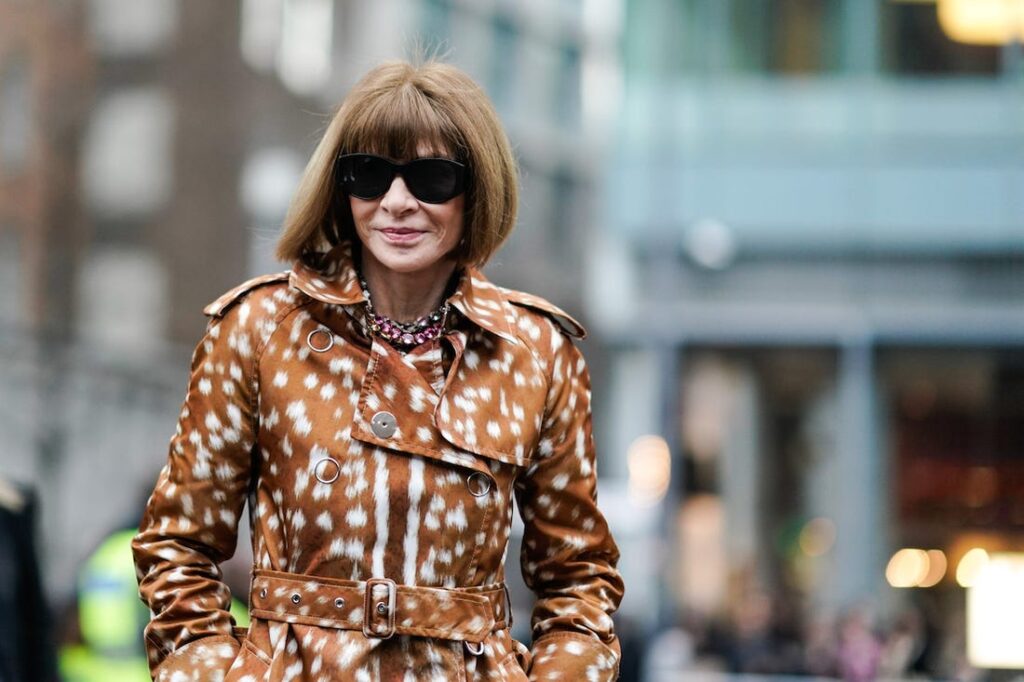
“I feel very strongly that when we come out at the other end, people’s values are really going to have shifted,” she told Naomi Campbell on her No Filter web-show
in April, “I think it’s an opportunity for all of us to look at our industry and to look at
our lives, and to rethink our values, and to really think about the waste, and the
amount of money, and consumption, and excess that we have all indulged in and
how we really need to rethink what this industry stands for.”
Wintour’s comments hint towards a change in our view of the fast-fashion world,
spearheaded by brands such as ASOS and NastyGal. Forbes revealed last month
that many industry experts predict a change in the way fashion is manufactured
altogether, pointing towards a move away from the mass production of fashion,
and towards on-demand manufacturing.
“By using an on-demand model, our customers no longer need to order
Kirby Best, CEO of an on-demand manufacturing company based in Alabama, USA
hundreds of something that they may never sell. With on-demand manufacturing,
there is no inventory, no fabric waste, and no warehousing.”
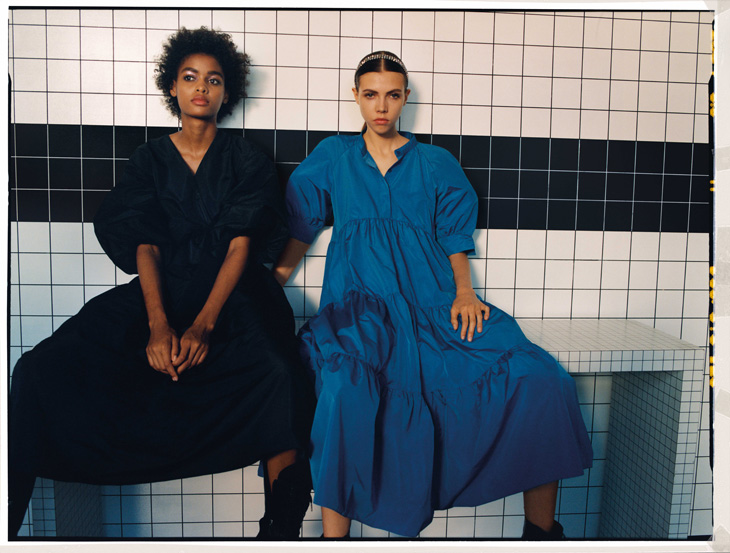
Sustainability is a topic that has been much-discussed within fashion over the past
few years, and the pandemic has given both consumers and brand owners a
chance to reflect on this. While we may think of sustainable fashion as being
mainly about buying clothes second-hand or simply buying less altogether, many
brands are working towards a more sustainable and eco-friendly way of producing
new fashion, and on-demand manufacturing is just one way that this can be
achieved. High street giant Zara have announced their aim to produce 100% of
their clothes from sustainable fabrics by 2025, and we will likely see other highly
recognisable brands following suit.
CEO of Business of Fashion, Imran Amed, believes we will see brands
repurposing collections designed for Spring/Summer 2020 for release over
Spring/Summer 2021, or that many brands may redistribute these collection
between the Northern/Southern Hemisphere differently to better meet demand by
consumers once the pandemic settles.
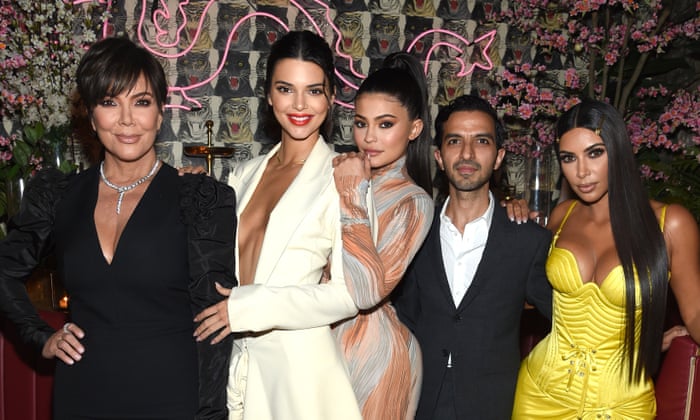
Overall, it’s clear that the way forward within the fashion industry will be one of
quality over quantity. This is not the first time that a global event has directly
affected the fashion industry as a whole and, like before, brands are moving
quickly to respond to these changes in a way that allows us to enjoy fashion while
adapting to the ‘new normal’.

